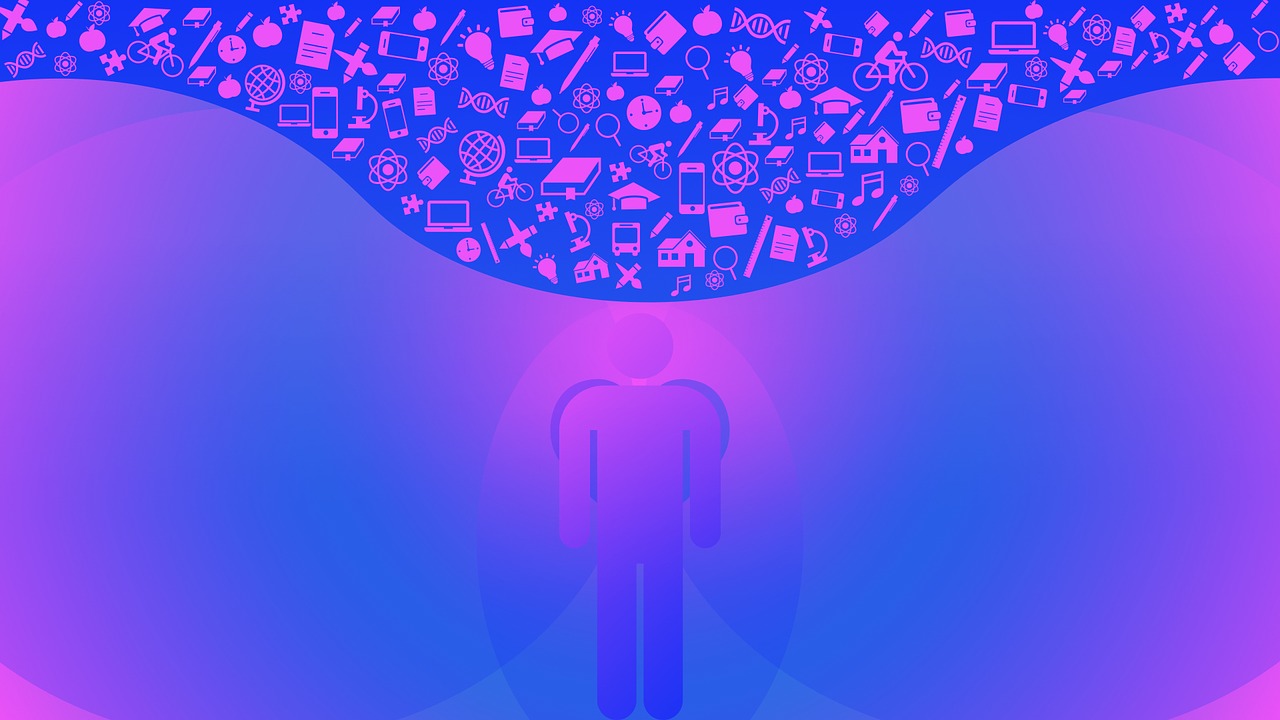Do you really control yourself?

Free will is defined as “the power of acting without the constraint of necessity or fate, or the ability to act at one’s own discretion.” Humans have the ability to make choices that are their own, but it is known that other influences guide the factors which affect our decision-making. Genetics, cultural influences, biological impulses, and how individuals are raised are examples of curated influences that affect how humans think and act.
A study conducted by Max Planck Institute for Human Cognitive and Brain Sciences in 2008 found that seconds before the conscious brain of an individual had made a decision, the unconscious brain had already decided the outcome. In other words, while you are actively trying to decide something your brain already has, you just don’t know it.
If decision-making isn’t your conscious brain, what about your interests and opinions? Imagine one food that you find utterly disgusting. Now, was it your decision to dislike this food? No matter how hard you try, you cannot force yourself to enjoy it. This has more to do with biology and exposure than with ourselves, so that’s not a conscious choice.
Only about five percent of the human brain is considered to be conscious. Even though this means we aren’t directly controlling our lives with random, sporadic choices, it also doesn’t mean that we aren’t controlling ourselves. The conscious self is still you, just a version of you that you might not fully understand or recognize.
Just because the brain is constantly being affected by things that aren’t under its control, that does not mean that humans can just disassociate themselves from these external forces. Genetics and biology, even though humans aren’t given a choice in what their genetic makeup is, still represent them. Even though culture and the influence of other people aren’t directly you, the cultures that you identify with can still represent you and therefore be regarded as a part of you.
The question of controlling oneself is really asking, what do people regard as themselves. Do a person’s genetics and upbringing, including all other influences, accurately represent “who they are” and what they think? Even if the brain is predetermining what we will do, does that count as oneself? And is that free will? There isn’t a clear-cut answer that can be given. It’s all about what you consider to be you.
Hi, I'm Catherine Hooley, The Rubicon Managing Editor. I've been on The Rubicon staff for four years, and I've acted as a staff writer, the News editor,...